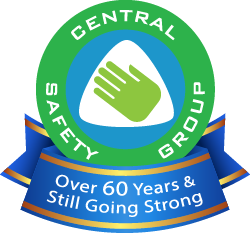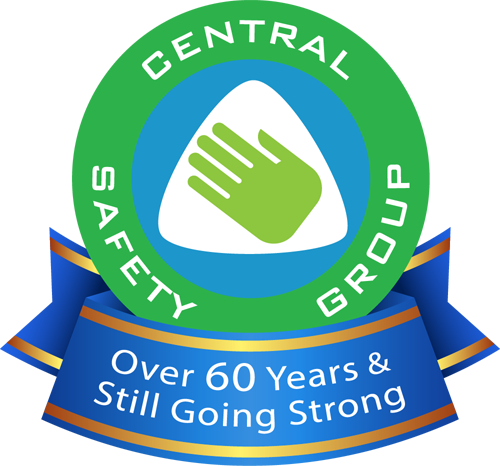Australian Work Health and Safety (WHS) Strategy 2023–2033
I received a media release from the Australian Institute of Health & Safety that would be of interest to CSG members -about their endorsement of Safe Work Australia's 10-year WHS Strategy. Here is their statement:
![]() Too many Australians each year die or become seriously injured or ill due to work; this is unacceptable and preventable. The Australian Institute of Health and Safety (AIHS) endorses the vision of safe and healthy work for all Australians in the new Australian Work Health and Safety (WHS) Strategy 2023–2033.
Too many Australians each year die or become seriously injured or ill due to work; this is unacceptable and preventable. The Australian Institute of Health and Safety (AIHS) endorses the vision of safe and healthy work for all Australians in the new Australian Work Health and Safety (WHS) Strategy 2023–2033.
We believe that every Australian, whatever their job, whether in rural workplaces or cities, has the right to healthy and safe work. As the peak national body for the health and safety profession, we commit to supporting the vision of the new Strategy.
“It may be a small note in the purpose and scope, but the recognition that this strategy should also contribute to the work and understanding of all in the WHS system including researchers, experts and practitioners who play a role in owning, contributing to, and realising the national vision is an important reminder of the critical role of our profession”, says Naomi Kemp, AIHS Chair.
Each and every day, our members provide evidence-based and practical advice to organisational leaders on health and safety matters so they can prevent work-related psychological and physical harm to their workers and meet their duties under work health and safety legislation.
Alongside Safe Work Australia, its members, and this new strategy, the AIHS will:
- Uphold standards for WHS education and training to enable good WHS practice, based on the OHS Body of Knowledge.
- Drive informed collaboration as the independent experts sitting between unions and employer organisations to respond to WHS challenges effectively.
- Promote and showcase innovation and exemplary WHS practices that prevent work-related psychological and physical harm.
- Build an effective WHS workforce by promoting the career path and ensuring professional and ethical standards.
- Raise the capability and credibility of the profession through certification to assure employers and governments of the quality of advice needed to save lives in our workplaces.
- Support Australian researchers to provide employers and governments with evidence regarding current and emerging risks to deepen knowledge and broaden understanding.
- Shape contemporary policy and practice by providing regulators with the evidence base beyond the WHS system to inform policy and regulation.
Following the release of the new Strategy, the AIHS will be releasing its new Strategic Plan - Vision 2026 which will provide more detail. “The AIHS looks forward over the next decade to continuing our commitment to healthier, safer workplaces and communities,” Ms Kemp said.
To view the complete strategy, click here.


